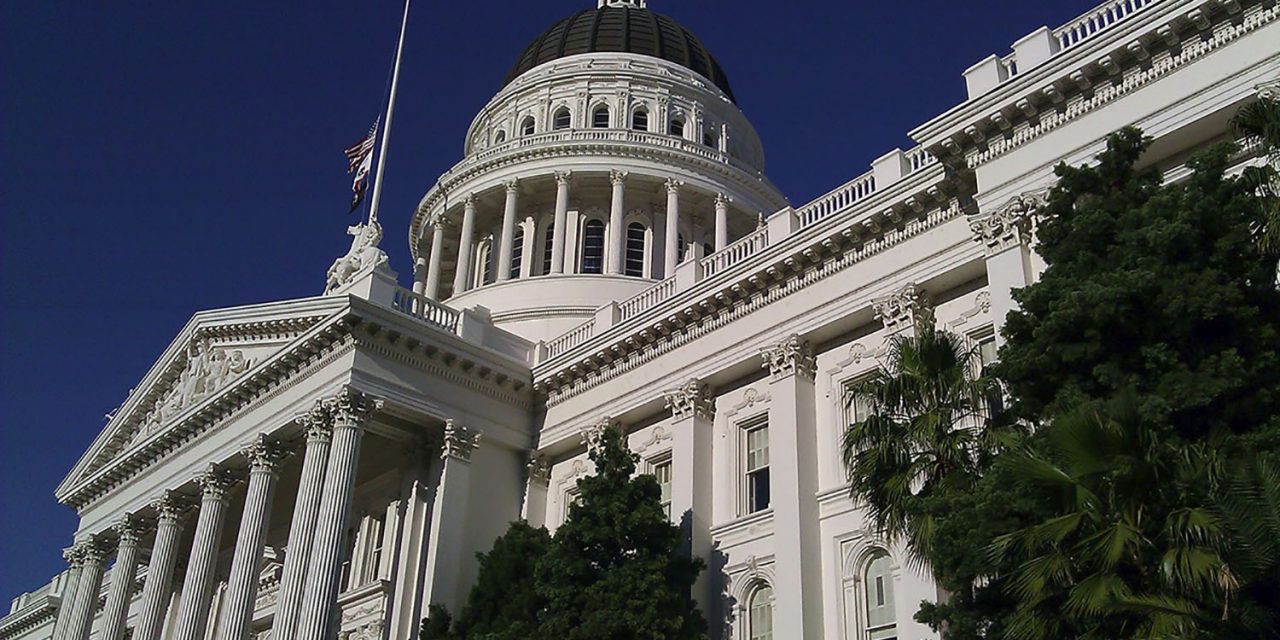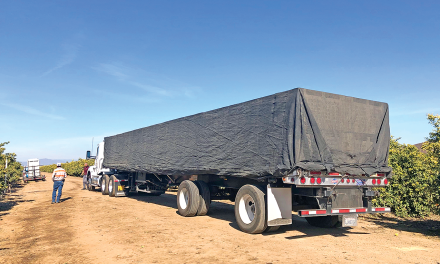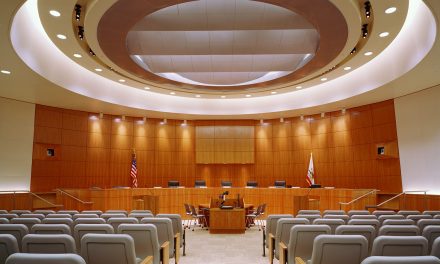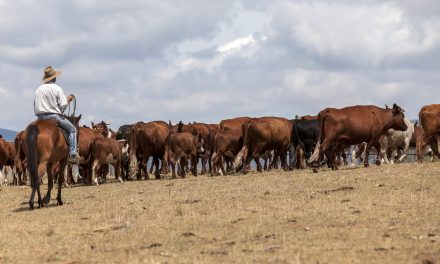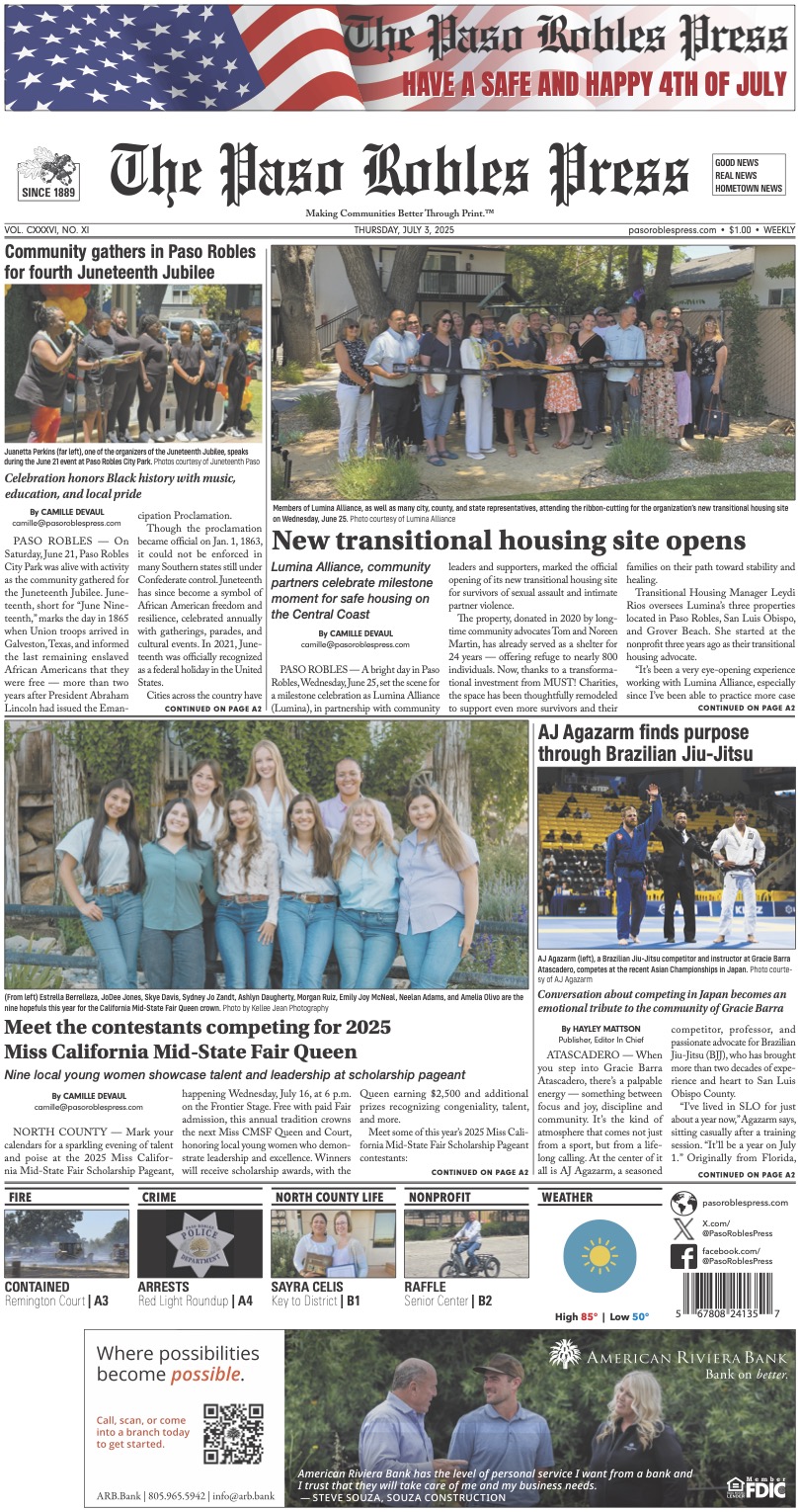Governor signed legislation to improve insurance options for people who struggled to access coverage after wildfires
By Caleb Hampton
California Farm Bureau Federation
CALIFORNIA — Some farmers and other property owners who have had to turn to the California FAIR Plan, the state’s insurer of last resort, may soon have better coverage options thanks to a new law approved this month.
On Sept. 8, Gov. Gavin Newsom signed legislation to improve commercial property insurance options for people who have struggled to access coverage due to the impact of wildfires.
Over the past several years, farmers have suffered a double blow to fires, losing crops and farm properties to the flames and losing the ability to insure their properties and commercial assets as insurance companies refused to cover them.
“Many farm and ranch insurance policies have been terminated due to wildfire risk,” Napa Valley winegrape grower Johnnie White said last month at a congressional hearing on wildfires and forest health. “While a few policies have been retained, they come with much higher premiums.”
In some cases, White said, farmers saw their insurance premiums more than quadruple. In others, the policies were dropped altogether, threatening farms’ ability to continue operating.
As a result, some farmers sought coverage under the California FAIR Plan, the state’s insurer of last resort, which is funded by a levy on insurance companies.
The FAIR Plan initially excluded commercial farm structures such as tasting rooms, outbuildings, packinghouses and storage facilities until a 2021 bill backed by farm groups enabled farmers to bring those properties under their FAIR Plan policies.
Without insurance, business owners, similar to homeowners, are generally ineligible for the loans they need to purchase properties along with the structures and equipment their businesses require.
“California’s farmers and ranchers need insurance options to safeguard their ability to continue producing the food that America needs,” said California Farm Bureau President Jamie Johansson.
The FAIR Plan gives farmers an option, but the policies, intended only as a temporary last resort, are expensive and do not provide comprehensive coverage.
“Our members, unfortunately, experience sticker shock when they get those FAIR Plan policies,” said Peter Ansel, policy advocate for the California Farm Bureau. “They’re seeing policies that are substantially more expensive than the policies they were non-renewed on and often provide substantially less coverage.”
A typical policy from an insurance company, for example, would cover a packinghouse or a wine storage facility and everything in it. But the FAIR Plan offers coverage only on the structure, not the equipment or commodities inside it. “That’s a pretty big distinction,” Ansel said.
To help policyholders leave the FAIR Plan, the program has a clearinghouse where insurance companies can browse its policies and make coverage offers. However, the clearinghouse lists only residential policies, not commercial ones, preventing farmers from bringing all their properties back under the same, competitive insurance policy.
Now signed into law, SB 505 will add commercial policies to the FAIR Plan clearinghouse so that they can re-enter the competitive market and get better insurance coverage.
“The bill is important because it will help depopulate the number of policies inside the FAIR Plan,” Ansel said. He added that it will not impact people who are not already FAIR Plan policyholders or prevent people from having their insurance policies in the competitive market non-renewed.
SB 505 was authored by state Sen. Susan Rubio, D-Baldwin Park. It was sponsored by the California Farm Bureau and the California Department of Insurance and drew support from insurance companies.
“California businesses do best when they have more choices for insurance coverage,” said California Insurance Commissioner Ricardo Lara, who co-sponsored the bill with California Farm Bureau. “Giving them more options must be our top priority.”
The new law goes into effect amid a broader reckoning on insurance access and wildfires in California.
Earlier this year, State Farm and Allstate announced they had stopped accepting new applications for home insurance in California, and Farmers Insurance said it was limiting new policies. The companies said it had become too risky to operate in the state due to the frequency of natural disasters over the past several years.
White, the Napa winegrape grower, who serves on the California Farm Bureau board, told members of Congress that “while only a few companies have made public announcements,” the Farm Bureau is aware of at least 22 companies that are no longer writing insurance policies in California.
Altogether, insurance companies responsible for covering an estimated 85 percent of the market have pulled back from taking on new residential and commercial policies.
“This is a waving red flag issue,” Newsom said last week in an interview with Politico.
Several newspapers reported that a last-minute deal between lawmakers to push through a bill addressing the state’s insurance problems collapsed before the legislative session ended Sept. 14. The Legislature will not return until January.
State Sen. Bill Dodd, D-Napa, told the San Francisco Chronicle that a bill being discussed would have raised property insurance rates for all California policyholders in exchange for allowing more people, including those in areas at risk to wildfire, to gain access to insurance.
Lara said on a podcast hosted by state Sen. Steve Glazer, D-Orinda, that “the ideal here is to give availability of insurance to every Californian, so then the costs come down when insurance companies are back fighting for your business.” The bill faced resistance from consumer advocates due to concerns it would benefit the insurance industry at the expense of policyholders.
“Affordability is critical,” Lara said. “But right now, availability is more important. We want insurance companies to increase their market share given the ongoing risk that we live in every day.”
Last week, following news reports of the failed deal, Lara released a statement saying the state government continues to work towards a solution. “Our current path is unsustainable,” he said.
Lara added that passing new legislation is only “one of many options that we have been pursuing.” He said the government is also “moving forward with a package of regulatory solutions that will streamline the department’s rate review process, opening it equitably to public input.”
Meanwhile, Assembly Speaker Robert Rivas, D-Hollister, announced a series of public hearings on property insurance that will take place this fall.
“We hear loud and clear from our residents that access to insurance is a problem,” Rivas said.
Should the government succeed in getting insurance companies to return to writing new policies in California, SB 505 would “take on heightened significance,” Ansel said, by providing an avenue to move more policies out of the FAIR Plan and back into the competitive market.

